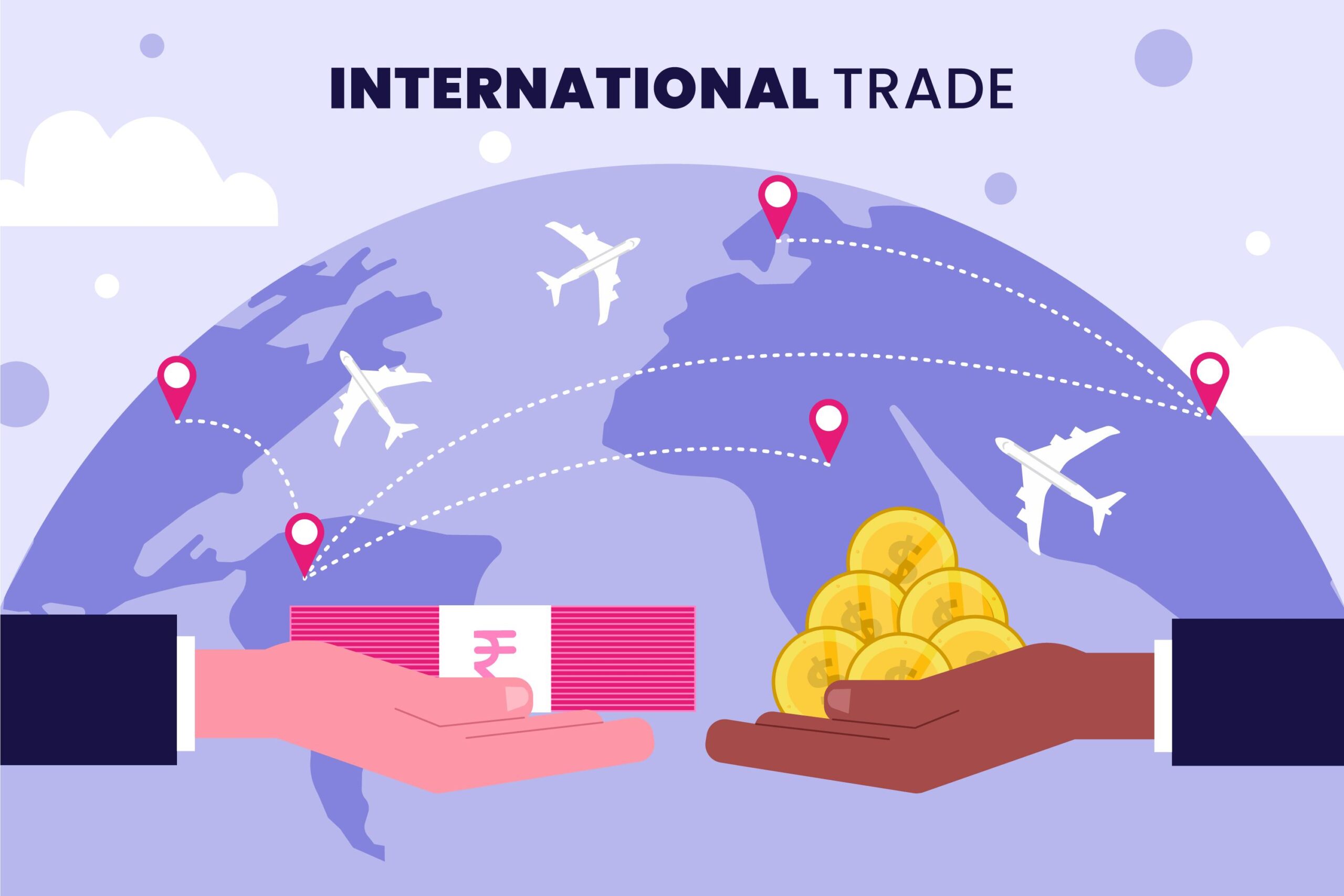International trade is trade carried out by residents of one country with residents of another country. Check out the factors and benefits here!
International trade is an economic activity that involves parties in other countries. Starting from between countries to multinational companies, and consisting of export and import activities. International trade is needed by each country for its own benefits.
So, what is the meaning of international trade? and what are the benefits and barriers to international trade? Below, OCBC presents a discussion of international trade, from understanding to examples. Read more.
Understanding International Trade
International trade or what is usually called international trade is a trading activity carried out between one country and another. Wahono Diphayana said that international trade is a business transaction involving more than one country.
International trade policy has benefits and impacts on the economic, social and political aspects of a country. One example of the benefits of international trade is increasing a country’s GDP or Gross Domestic Product.
Based on the participating countries, international trade is divided into 3 types, namely bilateral international trade, regional international trade, and multilateral international trade. Meanwhile, in terms of form, examples of international trade are import export, package deal, consignment, border crossing and so on.
Factors Driving International Trade
International trade can occur due to various causes. Often each country has different causal factors. An explanation of the factors driving international trade is as follows.
1. Differences in natural conditions and human resources
First, the driving factors for international trade are natural resources and human resources which are different in each country.
As we know, each country has its own natural resources and these are usually influenced by the geographical location of the country itself. The availability and shortage of natural resources is what makes countries implement an international trading system.
Not only the availability of natural resources can be a driving factor for international trade, but also human resources. The capabilities or services of different human resources in each country also cause a country to implement an international trade system.
2. Needs and interests
The next driving factor for international trade is the needs and interests of the country itself. If a country is unable to provide the needs of its population, that country can take advantage of international trade policies to provide the goods or services needed by its residents.
Apart from population needs, another thing that is also a driving factor for international trade is the need to expand target markets. As a producer, expanding your business targets can be an alternative if there is a buildup of domestically produced goods.
Benefits of International Trade
It turns out that international trade policies can also provide various benefits for countries that implement them. One of the benefits of international trade is that it plays an important role in a country’s GDP growth.
Another benefit that can be obtained from international trade is that it opens up opportunities for a country to be able to utilize other countries’ resources proportionally.
Apart from the two points above, there are many other benefits that can be obtained through implementing this policy. For further explanation regarding the benefits of international trade are as follows.
1. Building cooperation between countries
The positive impact of international trade is one of the means of forming cooperative relations between one country and another. Through good trade relations, it is possible that these countries will collaborate in other fields such as politics, education, military and technology.
2. Production efficiency and work specialization
Furthermore, the benefit of international trade is that countries specialize in one economic sector. This means that the country and society will have special and different skills from other countries in producing a product or service.
3. Transfer of knowledge and technology
The positive impact of international trade is a tool for mobilizing science and technology from developed countries to developing countries. The existence of international trade policies allows a country to export technology-based goods such as machines or modern tools to countries that still have limited knowledge of this technology.
Negative Impact of International Trade
Even though it has various benefits and advantages, international trade policy can also have several negative impacts. An explanation of the negative impacts of international trade is as follows.
1. Decline in domestic production
Barriers to international trade arise from competition between domestic industry and foreign industry. Especially if domestic products tend to be more expensive and are still less popular than products from abroad. The small amount of demand will affect the level of production of the goods themselves.
2. MSMEs have difficulty competing
The negative impact of international trade is that it is difficult for MSMEs to be able to compete in the market. Limited capital is often the main problem for small industry owners. The existence of international trade activities will potentially reduce the space for the development of small industries.
3. Dependence on other countries
In terms of meeting needs, developing countries usually have a fairly high level of dependence on producing countries or countries with advanced industrial technology. As is known, the production of electronic and automotive goods is still controlled by developed countries, and developing countries have always been consumers only.
This is the discussion regarding successful international trade that OCBC has summarized from various sources. The ease of transactions for goods and services has brought world countries to become interdependent with each other, and meet their needs through trade. You can read other discussions about the economy on the following OCBC article page.

